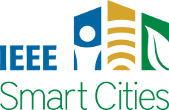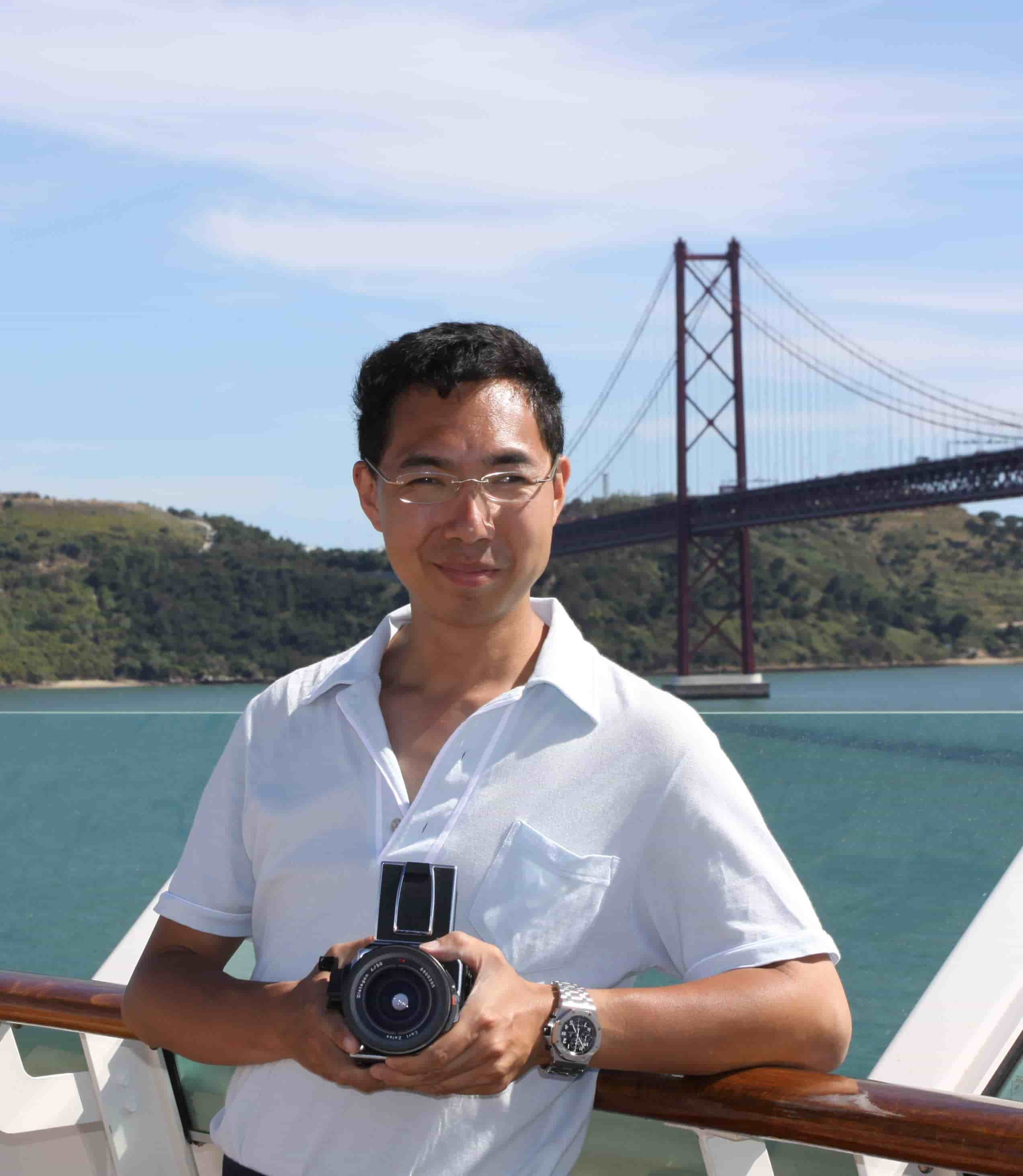April 2022
Smart Cities April eNewsletter - Knowledge-Based Economy in Smart Cities
For a downloadable copy of this eNewsletter, please visit the IEEE Smart Cities Resource Center.
Resource Center Update: Improved user experience for IEEE members! Access/Download free products without a checkout process.
Written by Kithinji Muriungi, Guest Editor
The advances in Industry Revolution 4.0 (IR4.0) is highly dependent on the efficient use of information and data from acquisition, processing, analyzing, and decision making. The adoption of IR 4.0 in enhancing the knowledge-based economy will be a significant factor across many industry sectors. Unlike the previous physical resource-based economies that drove the advancement of the previous industrial revolution, IR 4.0 plays an important role in making smart cities sustainable, liveable, safe, and efficient. Innovation in the digital transformation era would have several roles in optimizing the knowledge economy in many different application areas.
Written by Eleni Mangina and Fridolin Wild
The world is changing and the Educational Metaverse is coming. The future of learning is in the overlay reality. The real world surrounding us is augmented using wearables, liberating us from decades of being tied to screens and allowing us to ‘live’ in our learning experiences. Smart cities of the future need to facilitate this shift to eXtended Reality (XR) with accessible sensors, open data, and digital twins so we can realize the evident potential for rapid reskilling and developing expertise in real-time directly where the knowledge is applied.
Written by Mohammad Upal Mahfuz
The field of smart cities is a newer area of research and development that has opened opportunities to incorporate sustainability into everyday lives. The field of education experiences the need to implement sustainability-focused instruction not only in the field of engineering but also in multiple interdisciplinary fields at universities, colleges, and K-12 academic institutions. The field of smart cities is an interdisciplinary application of the concepts of sustainability.
Written by Patrick Yegon Toroitich
With the advent and manifestation of the concept of smart cities, we need to pause and ask ourselves if the occupants of these cities have the education needed to enable them develop, manage and live in these cities.
Written by Isaac Wainaina, Kithinji Muriungi, Kiyeng Chumo, and David Mulongo
Innovation, entrepreneurship, critical thinking, and creativity thrive in a chaotic environment where experimentation is an important key in shaping a smart city where imagination is the limit. Therefore, in addition to STEM (Science, Technology, Engineering, and Mathematics) that essentially comprises mathematical formulae, scientific and engineering principles, there is a need to bring in the artistic side of life to achieve a holistic view in developing various applications for people in a smart city. Arts complement STEM-based innovations hollistically.
To have the eNewsletter delivered monthly to your inbox, join the IEEE Smart Cities Community.
Past Issues
To view archived articles, and issues, which deliver rich insight into the forces shaping the future of the smart cities. Older eNewsletter can be found here. To download full issues, visit the publications section of the IEEE Smart Cities Resource Center.



